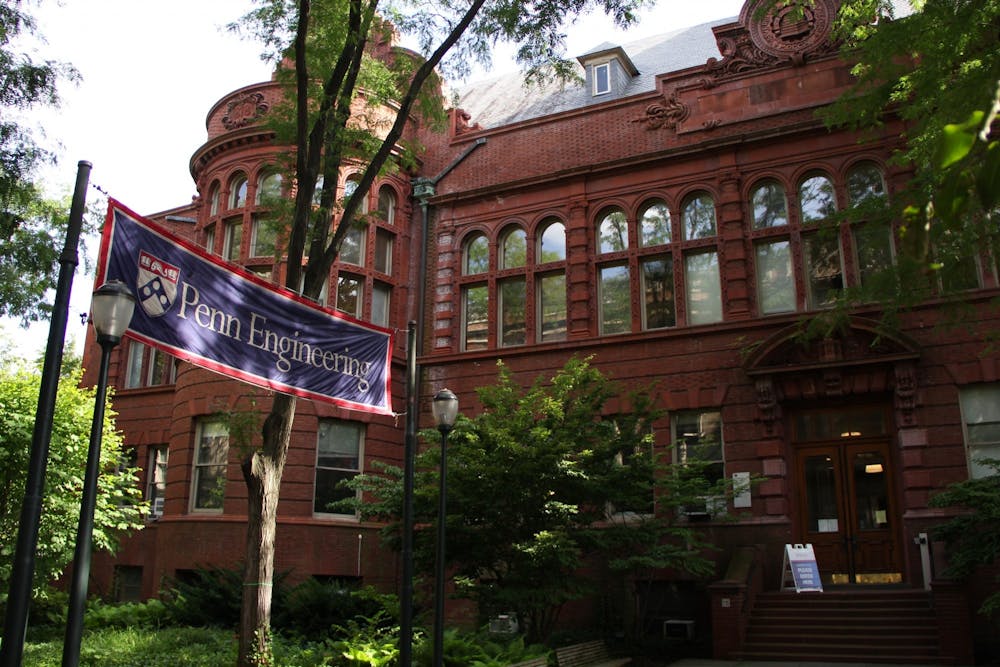Penn Engineering researchers have developed an easier way to treat and identify cancer tumors by turning a patient's antibodies into highly potent bispecific antibodies.
This new method for identifying cancer tumors was conducted at the Targeted Imaging Therapeutics and Nanomedicine (TITAN) laboratory, led by Andrew Tsourkas, a professor of Bioengineering and co-director of Penn’s Center for Targeted Therapeutics and Translational Nanomedicine. Researchers at TITAN are able to label antibodies with proteins that attract T cells, and these antibodies are then converted into T cell-redirecting bispecific antibodies that identify cancerous tumors.
People’s immune systems can naturally generate antibodies to find tumors. However, these antibodies are often not potent enough to attract T cells to target the tumor.
Patients with the same type of cancer can have different tumors too, meaning that many therapies only help a fraction of people. Some tumors also lack specific markers that can be targeted by drugs, making previous treatments difficult.
Researchers in Tsourkas’s lab, including Burcin Altun, a former postdoctoral researcher, and Fabiana Zappala, a former Bioengineering graduate student, began the research project hoping to utilize antibodies already found in a patient’s immune system.
“[We asked how] we could take advantage of a patient’s own response to their own tumor and use that to help direct the cargo or the therapeutic grade agents that we want to deliver,” Tsourkas told the Daily Pennsylvanian.
According to Penn Engineering Today, T cell-redirecting bispecific antibodies are about a thousand times more potent than regular antibodies against tumors. Like CAR-T cell therapy, this research can eventually become part of an array of personalized medicine therapies that are designed specifically for each patient.
“I think it’s always been known that there's a unique antibody signature against an individual disease, but it's more on the diagnosis side than anything else.” Tsourkas told the DP.
RELATED:
Pennovation Works announces new $365 million facility to expand life sciences hub
Biotech startup founded by Penn first years wins $85,000 at Startup Challenge
Penn researchers receive royalties of $750 million for breakthrough vaccine development
Labeling the antibodies with T-cell redirecting proteins was not a simple task. In fact, TITAN took over eight years developing new technology to convert a patient’s antibodies to bispecific ones.
“There's a lot of literature around bispecific antibodies and their potential, but all of those bispecific antibodies, or almost all of them, are made genetically as opposed to a chemical modification of an already existing antibody,” Tsourkas said to the DP.
In the future, the lab hopes to improve on its research by developing better ways to label just the tumor-targeting antibodies and addressing any side effects that could occur from the method.









